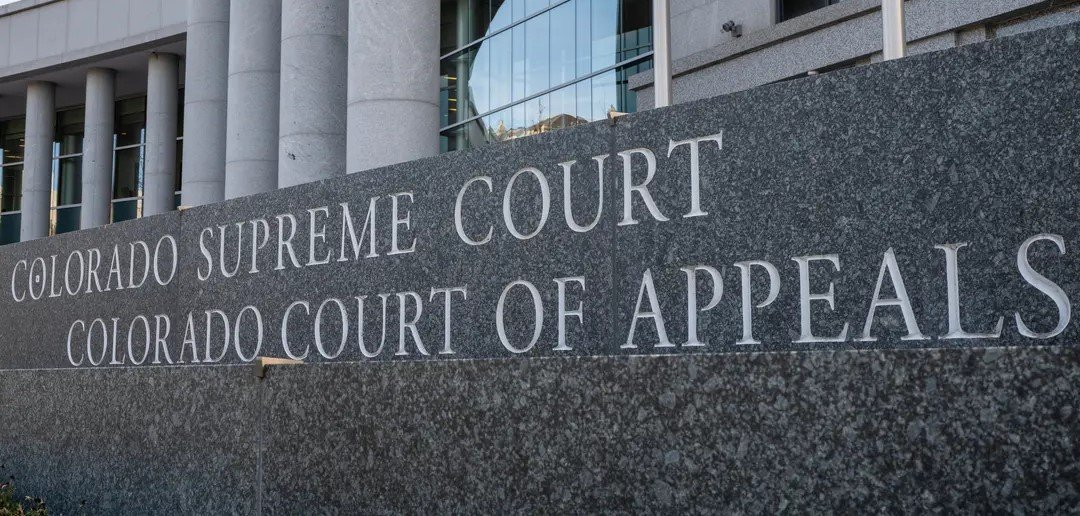
Understanding Colorado Family Law Appeals
Family law can be tough to understand, especially when it comes to changing divorce or custody decisions. After a court makes a final ruling about your case, you have the right to ask a higher court to look at it again. This is called an appeal. While it can feel overwhelming, appealing a decision may be important to protect your rights, your property, and your time with your children. Understanding the basics can help you decide whether an appeal is right for your situation.
What is a Family Law Appeal?
Many people think that once a court makes a decision, it’s over. However, in Colorado, you can appeal any final family court ruling. A panel of three judges will examine the evidence and arguments to decide if the original judge made a mistake. If they find an error, they can send your case back for a new hearing or change the decision.
What a Family Law Appeal is not.
An appeal is not a second trial. You won’t be able to present new evidence or witness testimony. An appeal focuses on whether the original judge made an error in their decision. Essentially, an appeal can be thought of as a trial of the original judge.
Why is Appealing Hard?
The appeals process is complex and comes with strict deadlines and court rules. Trying to appeal on your own can be challenging and may lead to mistakes that could hurt your case. Less than 20% of cases are successful on appeal. Understanding when and how to appeal is crucial for your situation.
What Decisions Can You Appeal?
After a judge makes a final decision in your divorce or custody case, you can appeal rulings on:
Child custody and parental rights
Child support
Alimony (spousal support)
Property division
In an appeal, you’re known as the “appellant,” and the other party is the “appellee.” As the appellant, you must clearly explain why you believe the original decision was wrong. If you’re the appellee, your goal is to defend the original decision.
What are the Steps in the Appeals Process?
1. Determine Grounds for Appeal: Before you appeal, reviewing the final order and determining whether there was an appealable error is important. Common legal reasons to appeal include:
Errors of Law: If the judge misunderstood the law or didn’t base their decision on proper evidence.
Abuse of Discretion: If the judge’s decision was outside the scope of what is allowed or otherwise unreasonable or unjust.
Clear Errors of Fact: If the judge’s decision was based on incorrect facts not supported by evidence.
2. Filing the Appeal: You have 49 days from the final ruling to file your appeal. Missing this deadline means you can only request a modification of the original ruling based on changed circumstances (i.e., you will lose the ability to argue that the original ruling was wrong to begin with).
3. Preparing the Appellate Brief: This document explains your argument and why the higher court should change (or if you’re appellee uphold) the previous decision. It must be detailed, persuasive, and follow specific court rules. Not adhering to the rules can result in the Court not considering your brief.
4. Oral Argument: The court may hear oral arguments if requested. This is your chance to explain your reasoning and answer the judges’ questions. It requires thorough preparation and knowledge of your case.
5. Opinion and Remand: After briefing and oral argument, if requested, the court will issue an opinion detailing the outcome of its decision and reasoning. The Court will either:
Affirm: The original ruling stands.
Reverse: The original ruling is found incorrect and voided.
Modify: Some parts of the original ruling are upheld while others are changed.
Remand: The case is returned to the lower court for further review.
How I Can Help You
Navigating the appeals process can be daunting, and doing it alone can lead to costly mistakes. I can guide you every step of the way, from reviewing the original orders to crafting your appellate brief and preparing for oral argument. I have successfully challenged parenting time orders and overturned a $2,000,000 judgment. My experience and personalized support can make a significant difference in your case. Let’s start a conversation.
If you believe your case deserves a second look, don’t hesitate to reach out. Let’s start a conversation to ensure your rights, assets, and children are fully protected.
